Lately, I’ve found myself putting the word “love” in quotation marks. Whether I’m saying the word out loud, writing it down, or even texting it to someone, I mentally encase it within those two symbols. And it’s not because I don’t know what “love” is – although, I guess I sort of don’t – it’s because the word just isn’t what it used to be for me anymore. It’s lost its adolescent purity, its white robes and delicate mannerisms. Right now, “love” is in its pupa state, dormant and waiting diligently to hatch and take its true form.
Before I go on I want to clarify that I’m a textbook romantic. From the simple act of buying flowers just because you were thinking of the person to grandiose confessions of “love” when the odds are against you, I’ve imagined and fetishized it all. However, within the last year, I’ve found myself questioning everything I once knew and “loved” about “love”.
It all started nine months ago when I was cheated on. A relentless cliche I’d always seen myself exempt from. It was the day of our anniversary, two days before my boyfriend and I were meant to jet off to the Virgin Islands together and celebrate our “love”. Earlier that day my best friend, Lauren, had called to tell me that she’d heard from a friend who heard from a friend who heard from a friend – the usual telephone game of college gossip – that my boyfriend had cheated on me the night before.
Floored by the information, I immediately called him. An entire day of reassuring texts, long-winded phone calls, declarations of “love”, talks of the future and anything else a liar can grasp onto ensued as he tried to prolong the inevitable.
I’d felt it though, that churning sensation and dry mouth you get before you throw up after a night of drinking; I knew deep down that something had happened. It was such a profound and deep-rooted feeling that at some point, within the haze of the day, I asked, “If you cheated on me you’d tell me right?”
He didn’t even pause to think. “Of course I would.”
“O.K. so…” The implication was clear.
“I promise I didn’t cheat on you,” he said, eyes locked on mine as I’m sure he saw the desperation seared into my face like a sunburn.
I didn’t know it then, but that bold-faced lie rocked the foundation that I’d once built underneath my understanding of “love”.
The funniest and most ironic part of it all? After he’d confessed and spent the night crying about his actions, he said, “Promise me you won’t let this affect the way you ‘love’ in the future. Promise me that.”
Well, I guess I lied too.
Fast forward a few months, past the deep depressive episode, long nights without sleep and countless hours spent crying, I was knee-deep in my final, senior season of collegiate soccer. I was meant to be enjoying the bittersweet games that were coming and going and basking in the idolized knowledge I’d gained over the years, but instead, I found myself disassociating more often than not. It wasn’t even because of my breakup, it was because my “love” for soccer no longer had structure or footing. I was clasping onto past feelings and searching through empty boxes that had long since been emptied.
Slowly, soccer – my outlet and safe haven – became something I dreaded. I’d count down the minutes until practice was over, tune out the rants of my coaches and check out before and after games. Season passed in a blur.
Of course I cried on senior night, hugged my teammates as we digested the fact we were never going to play side by side again and mentally closed that chapter of my life. But my reactions weren’t because I was saying goodbye to something I “loved”, it was because I no longer “loved” it at all.
I realized too late – maybe not even until I started writing this – that I’d never redefined the definition of “love” for myself. I’d never taken the time to rediscover what it meant to me or how it played into the mechanics of my life. “Love” was so deeply ingrained into my everyday activities and interactions that when I no longer felt connected to it, everything started to fray.
Yet, I still said the word and thought about it all the time. I said it when parting from my roommates, when hanging up the phone with friends and family, when writing cards, when greeting my dog, when describing a show or outfit or meal, it was always there. It followed me, empty and devoid of meaning.
But I knew I still “loved” the people around me, had connections that were gut-wrenching and primal, raw and real. So why did it feel at arm’s length?
I started to understand why when I developed a crush on a woman friend of mine. Five months after my breakup, I found myself appreciating my friend Rey in ways I didn’t with other women in my life. I got butterflies when we talked, wanted her to like my outfits, prolonged our embraces and found time – even when busy – to hang out with her.
I’d never thought about women like that before. It was men who had always caught my eye. I’d strut a little looser, flirt a little harder and smile a little wider when interacting with the opposite sex. I thought I was biologically, inherently and singularly drawn to them. Aside from the occasional drunk make-out with a girlfriend or attractive female at the club, I’d never seen women as more than platonic. Until I did.
Lauren and I had been in the library when I finally got the nerve to confess. And that’s what it had felt like, confessing. Like I was feeling something unnatural, something unlike me. I thought I knew myself, what I liked and didn’t like and yet, I was twenty-one and had a female crush for the first time in my life.
“I…I think I like Rey,” I told Lauren as I leaned too far back in my chair hoping to shift the awkwardness I was feeling to my physical body.
Her bright, green eyes lit up. “I knew it!”
“What should I do?” I asked.
(I never really got an answer to that question.).
Lauren and I had always gone to each other for relationship advice. Always consulted each other before sending a text or agreeing to a date, but this was different. She didn’t understand the mental tightrope walk I’d been doing with myself for the past few months. She hadn’t seen the recurring conversations of potential self-realization as I attempted to decipher where I landed on the spectrum of sexuality.
I never “loved” Rey – hell we’re not even close anymore – but in developing feelings for her I realized I’d been missing a key piece to my own puzzle that would ultimately help in my redefining of “love”.
I hadn’t been whole. I’m still not. Hence why “love” remains in quotations. It’s a concept that ebbs and flows just like my sexuality; changing and shifting with the tides of time. I think I used to lie to myself about “love”. That it was about finding the one, or finding someone, or finding pleasure, or silence, or sound, or all the infinite things that come with opening up the most vulnerable parts of yourself. But I think “love” is about finding and embracing change.
Check out:
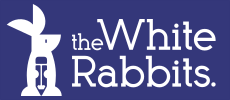
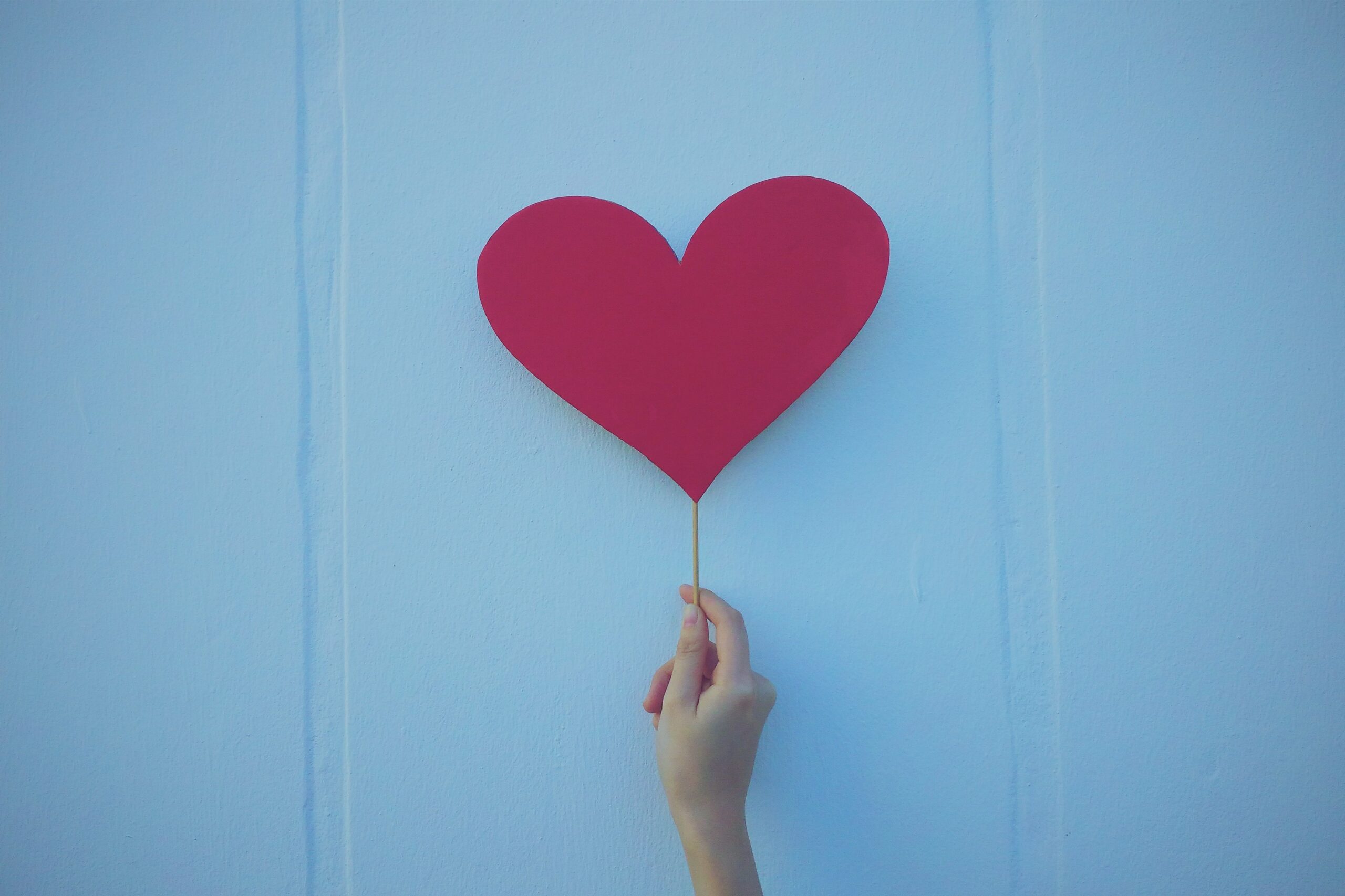



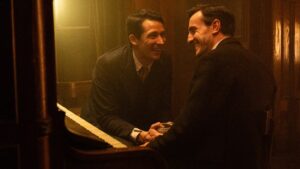
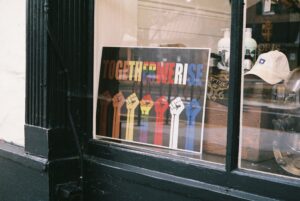
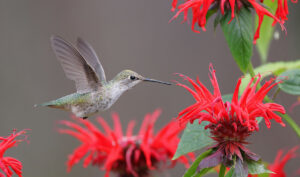


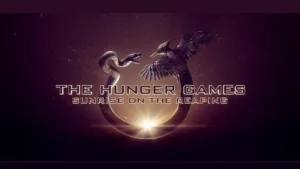
Be First to Comment